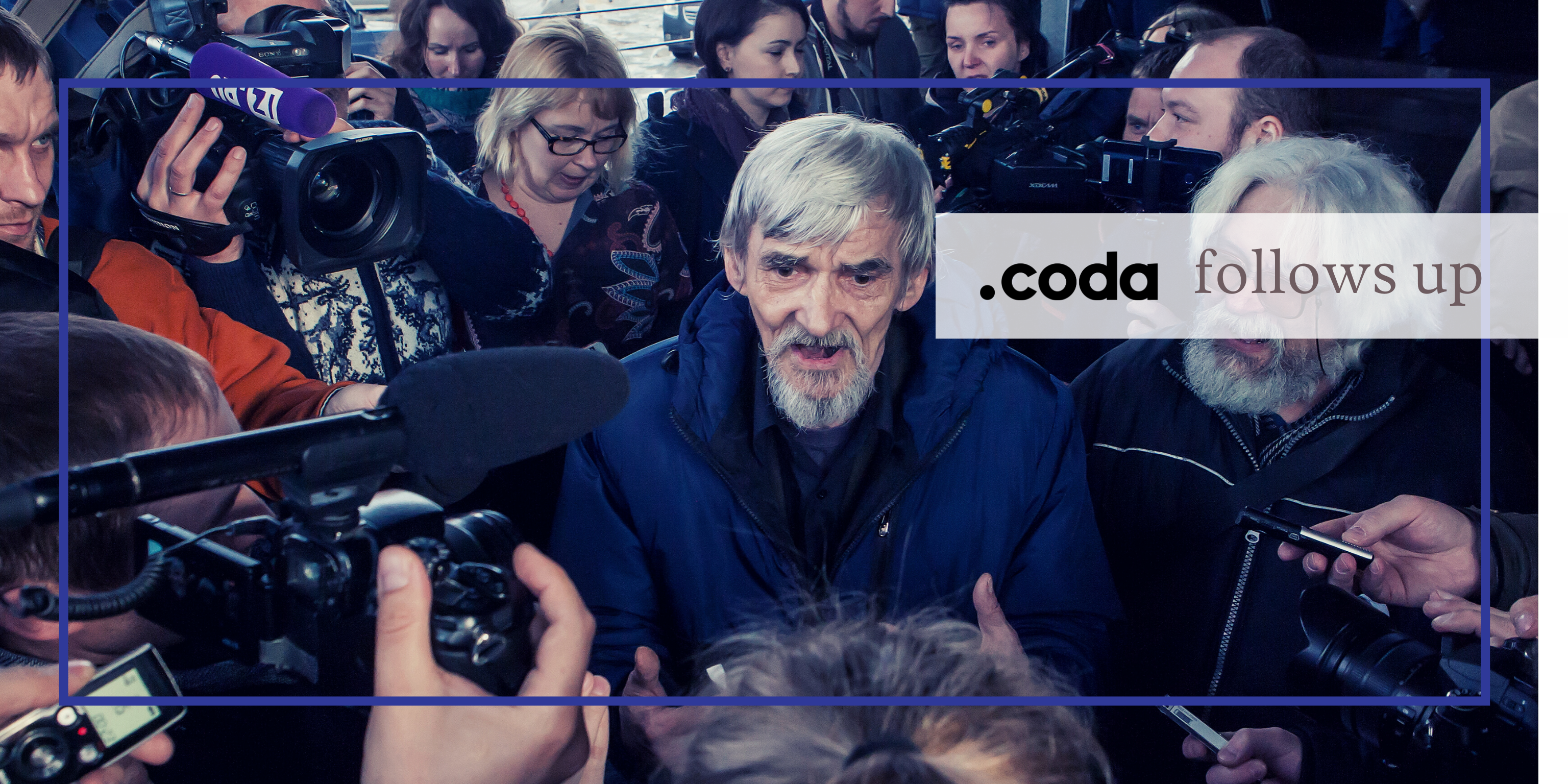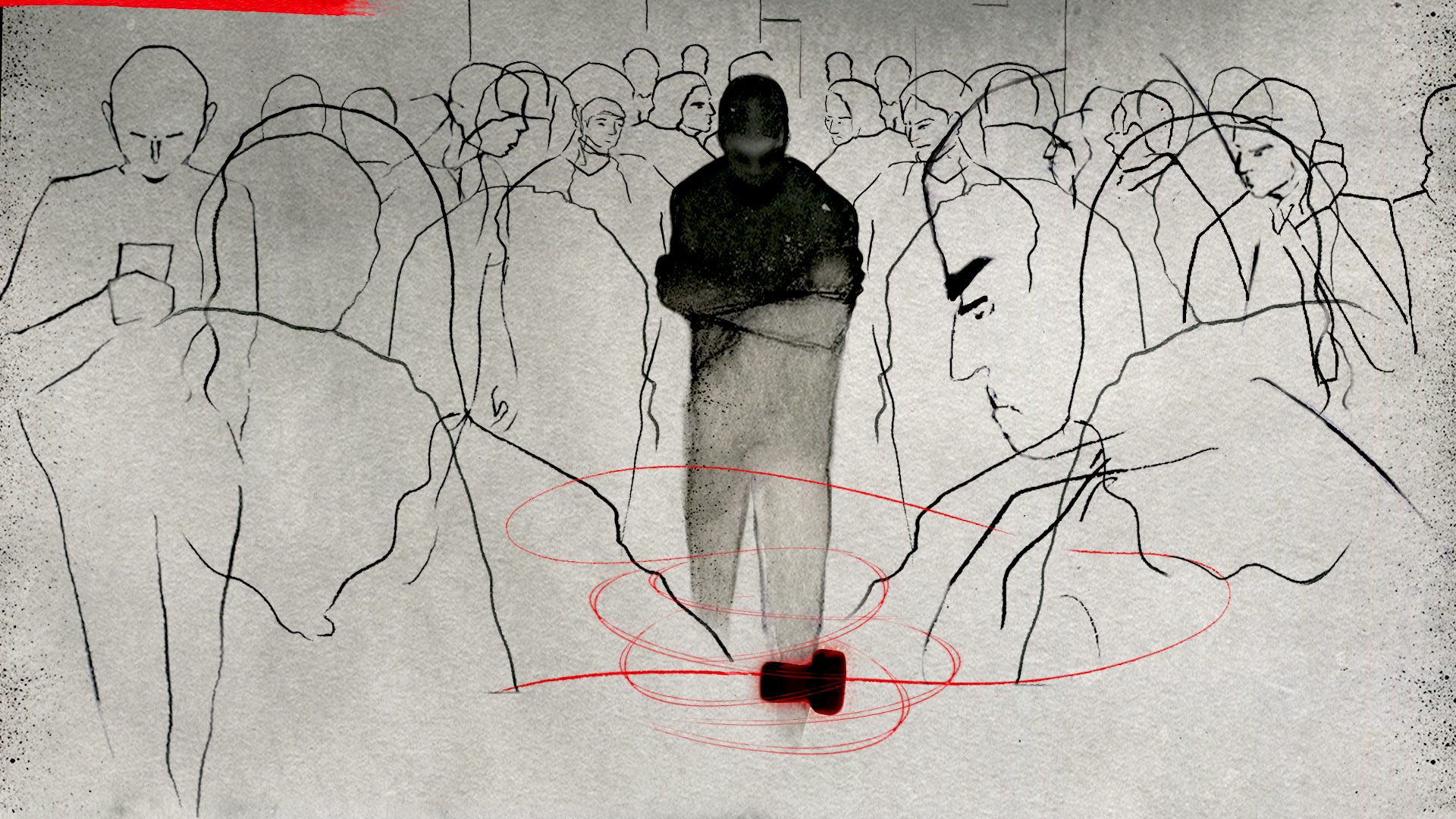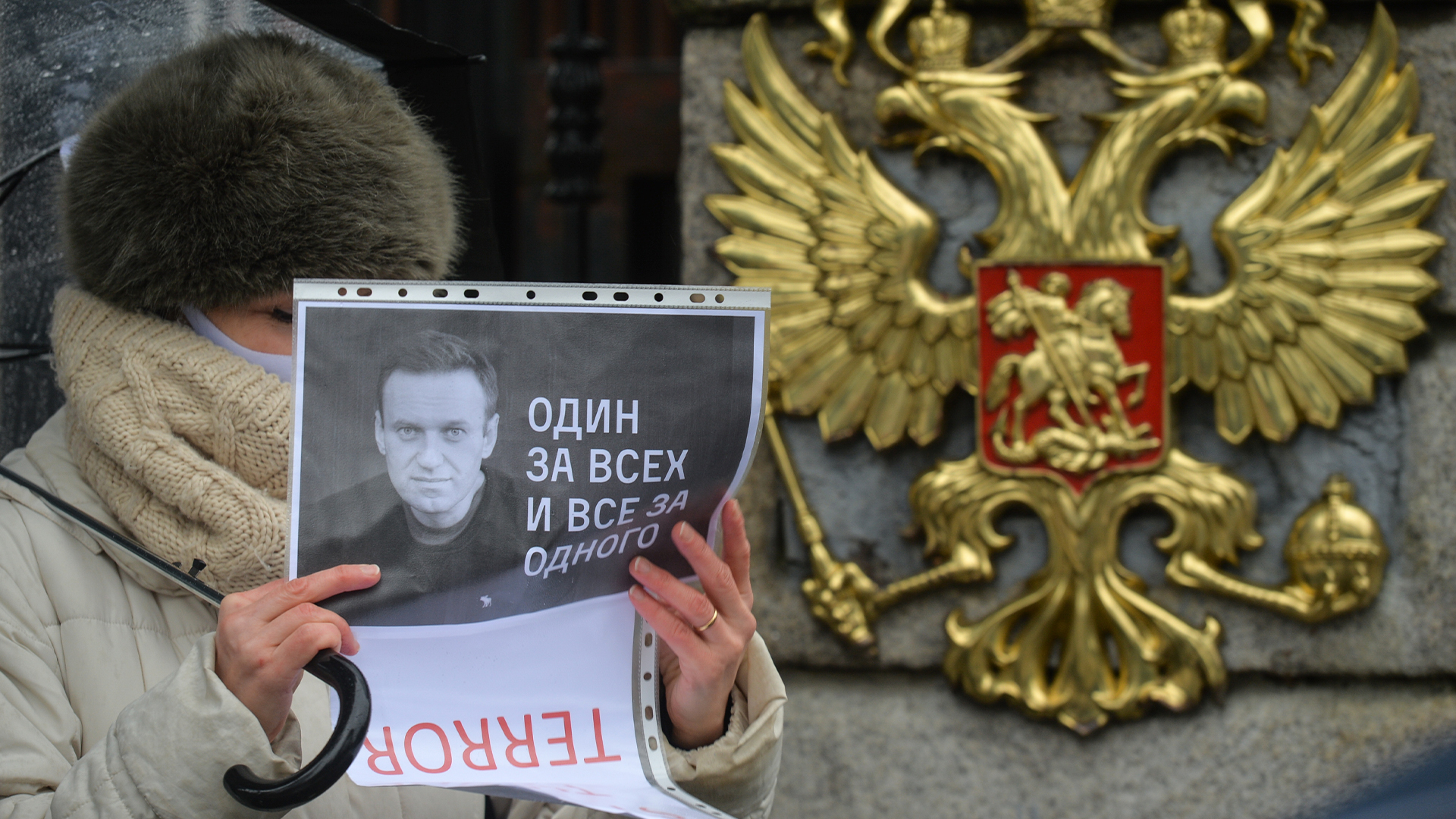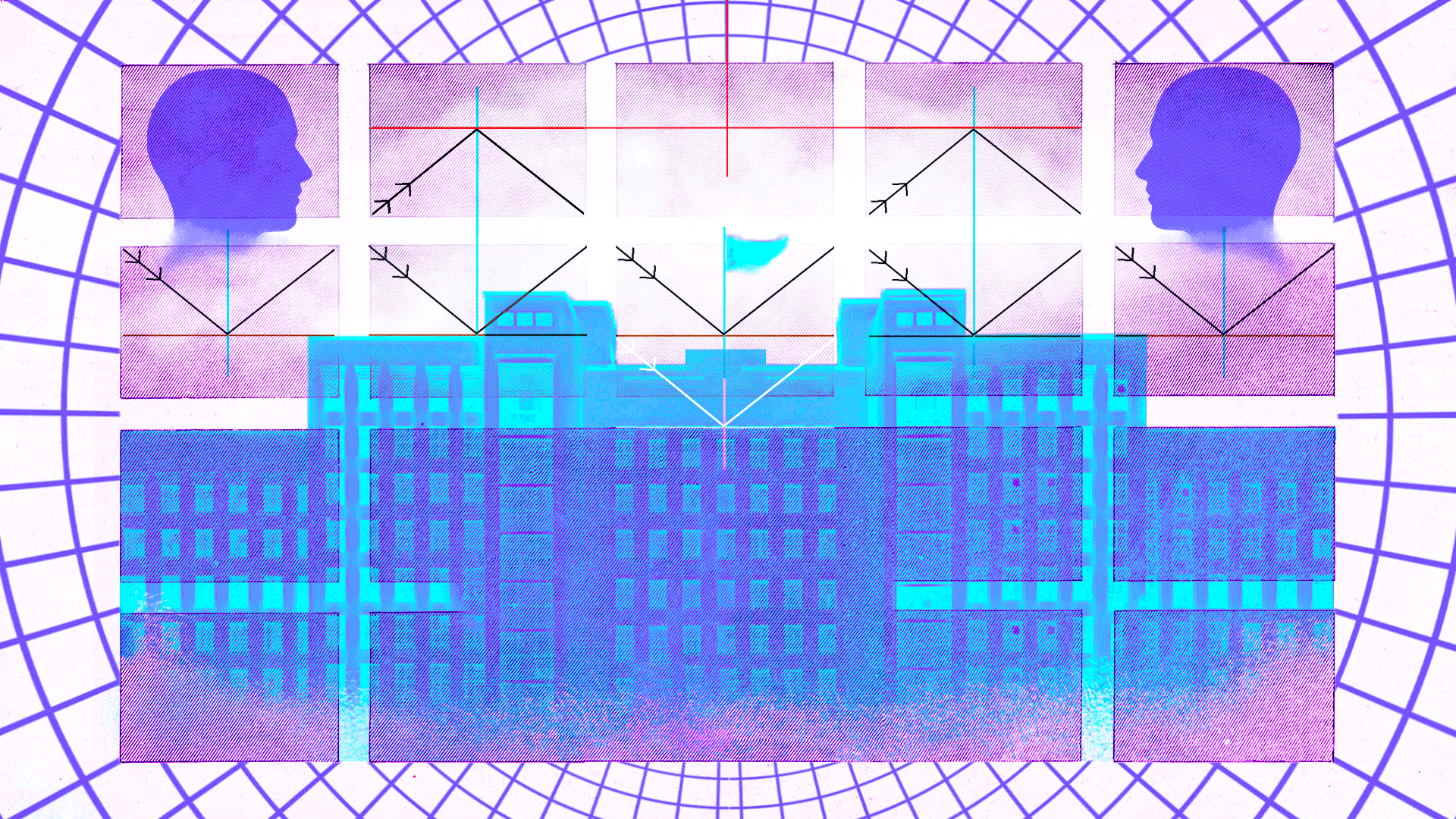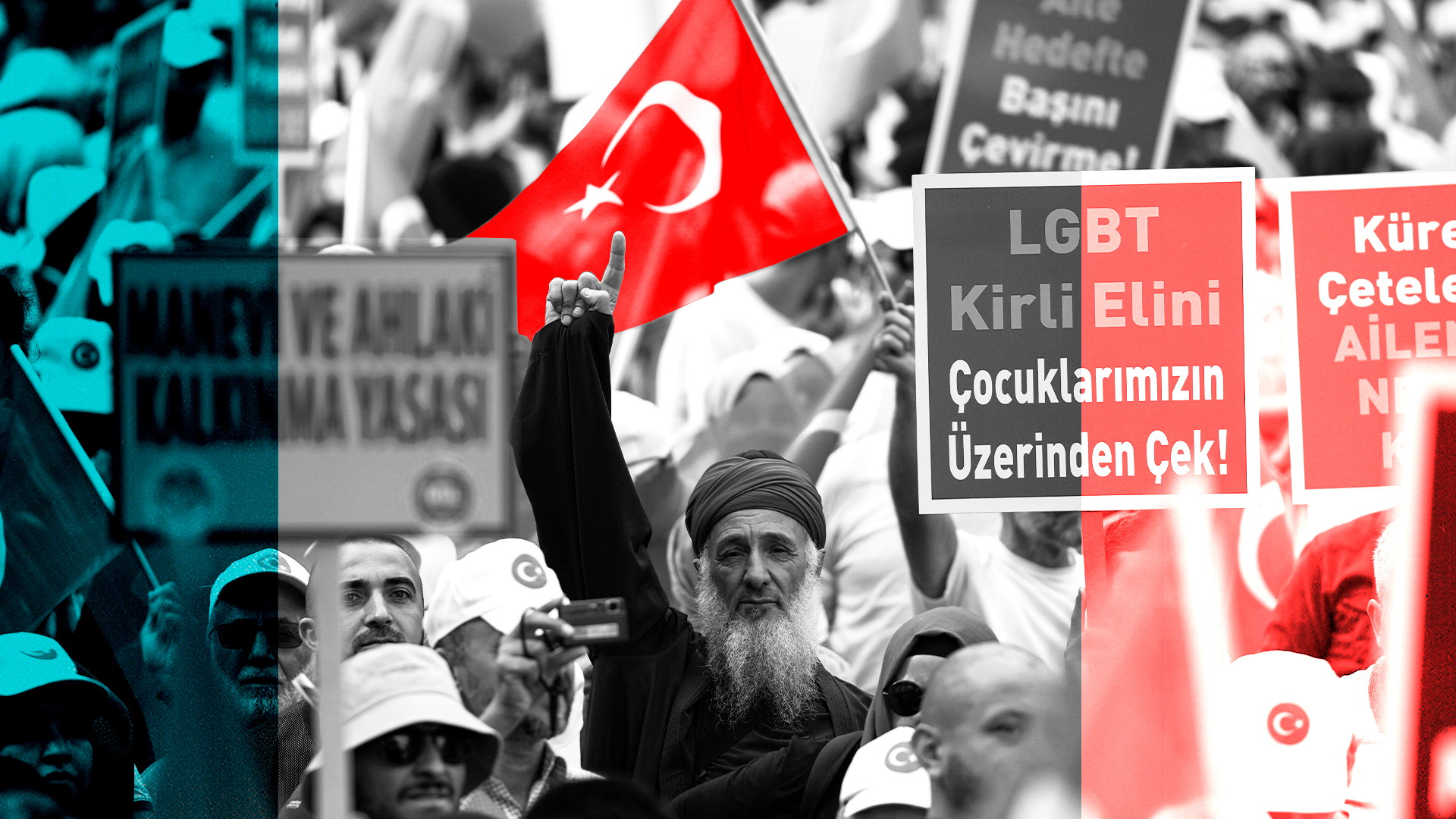In 2018, Coda Story reported on the controversy over a memorial site for Stalin-era mass killings where we profiled historian Yury Dmitriev. At the time, Dmitriev was already on trial after he was accused of sexually abusing his adopted daughter — a case which human rights groups in Russia say is an attempt to silence the 64-year-old and the history he has worked to uncover.
Last week, Russian prosecutors demanded a 15-year prison sentence for Dmitriev. The case centers around naked photos Dmitriev took of his then pre-teen daughter which were seized after an anonymous tip to local police in Petrozavodsk, a city in northwestern Russia. Dmitriev says he took the photos for doctors taking care of his daughter. The photos were also the subject of a previous child pornography case against Dmitriev which was thrown out in 2018.
The announcement from the prosecution on July 7 is the latest episode in a four-year-long courtroom saga.
“The charges are distressing and needless to say, sound horrible, and I think that this is a specific strategy because the goal wasn’t to just neutralize an undesirable person,” said Irina Galkova, director of Memorial International’s museum in Moscow. Most of the court proceedings were held behind closed doors and few details can ever be released about the case, said Galkova. “Even if he is acquitted, the strategy would have accomplished its goal.”
While Dmitriev was held in pre-trial detention, a group of Kremlin-backed historians have worked to rewrite the history of one of the largest sites the historian uncovered, Sandarmokh, where 9,000 victims of Stalin’s Great Terror are buried. The new narrative casts the site as a World War II-era burial ground and dilutes Sandarmokh’s association with Stalin. “This is happening across the board,” Galkova said. “We see how convenient it is to switch over attention from the collective memory of the repressions to the Great Patriotic War [WWII].”
Head of a local branch of Memorial, an NGO focusing on political repressions, Dmitriev has uncovered and documented mass grave sites since the late 1980s, well ahead of other memorialization efforts. He is responsible for recording thousands of names of those killed during the Great Terror and his name appears in the pages of Anne Applebaum’s Pulitzer Prize winning history of the Gulag, in Masha Gessen and Misha Friedman’s 2018 book “Never Remember” and in scores of other books.
Applebaum, who met with Dmitriev while researching her book, called his arrest “appalling” and a “profound reversal” in attitudes towards Gulag history when I spoke with her earlier this year for Coda’s documentary series, Generation Gulag. “This is somebody who should be a local community hero,” she told me.
The unusual nature of the charges against Dmitriev have brought the case international attention. Russian state television channels have hounded the historian, accusing him of attempting to escape abroad and other charges.
You can watch Coda Story’s Generation Gulag series about the Kremlin’s campaign to rewrite Soviet history here.
Photo by Igor Podgorny\TASS via Getty Images




